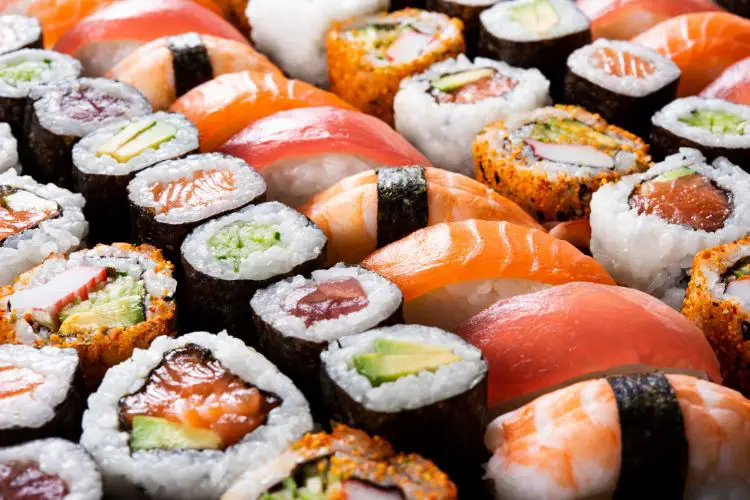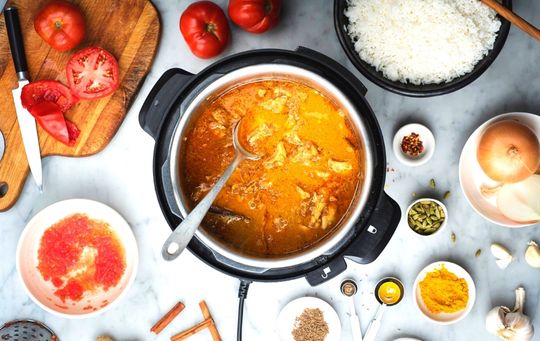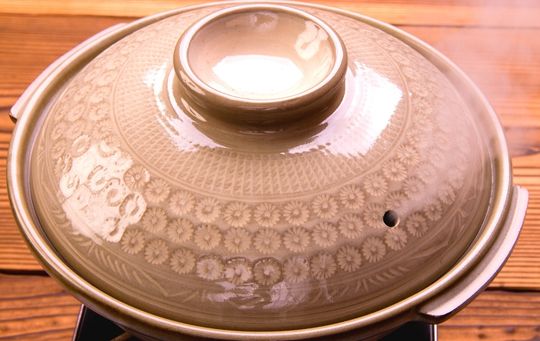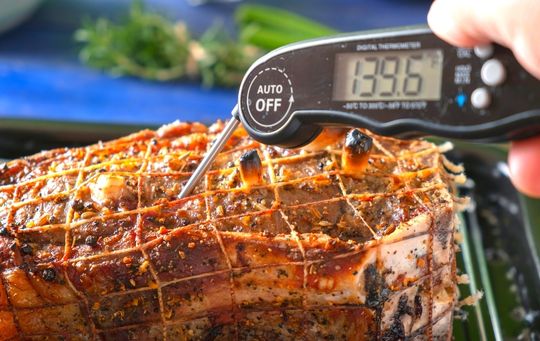Top 7 Foods What Food Can You Bring into Singapore Nov 2023

You can bring a variety of food items into Singapore for personal consumption, including non-restricted fruits and vegetables, cooked or processed foods, canned or packaged foods, and some types of meat and seafood.
However, it’s crucial to adhere to specific regulations, declare any food items at the customs checkpoint, and ensure they comply with Singapore’s import guidelines to avoid confiscation or legal consequences. Some items, such as fresh fruits, vegetables, and meat, have quantity limits and source restrictions.
What Food Can You Bring into Singapore
| Food Category | Food Items Allowed into Singapore |
|---|---|
| Non-Restricted Fruits and Vegetables | Common fruits and vegetables, subject to quantity limits and source restrictions. |
| Cooked or Processed Foods | Cooked or processed foods for personal consumption, complying with import guidelines. |
| Canned or Packaged Foods | Canned or packaged foods, provided they meet Singapore’s import regulations. |
| Meat and Seafood | Some types of meat and seafood in limited quantities, with specific source restrictions. |
| Dairy and Cheese | Limited quantities of dairy and cheese products from approved sources. |
| Snacks and Confectionery | Snacks and confectionery items for personal use, complying with import guidelines. |
Key Takeaways

Understanding Singapore’s Food Import Regulations
Before we dive into the specifics of what food items are allowed or prohibited, it’s essential to understand why Singapore has stringent food import regulations.
Singapore’s strict food regulations primarily revolve around ensuring public safety, protecting the environment, and safeguarding local agriculture.
- Protecting Public Health: Singapore is committed to maintaining high food safety standards to protect its residents and visitors from potential health risks associated with contaminated or unsafe food products.
- Preventing the Spread of Diseases: Imported food can carry diseases or pests that might not exist in Singapore. Strict regulations help prevent the introduction of these harmful elements.
- Environmental Preservation: Singapore places great importance on environmental sustainability. Food items that could harm local flora and fauna are restricted.
- Supporting Local Agriculture: To promote self-sufficiency in food production, Singapore limits the import of certain agricultural products that can be locally grown.
Now that we understand the rationale behind these regulations, let’s explore what food items you can and cannot bring into Singapore.
Food Items You Can Bring into Singapore
Singapore allows travelers to bring various food items into the country, but these items must meet specific criteria to ensure safety and compliance with regulations. Here is a list of some food items that you can bring into Singapore:
1. Commercially Packaged and Sealed Items
You can generally bring commercially packaged and sealed food items into Singapore. These include snacks, candies, canned goods, and packaged beverages.
It’s essential to ensure that the packaging is intact and unopened. Popular snacks from your home country, such as potato chips or chocolates, usually fall into this category.

2. Homemade Cakes and Cookies
Bringing homemade cakes and cookies into Singapore is allowed, provided they are for personal consumption or as gifts. These items should be for non-commercial use and should not contain any prohibited ingredients.
3. Baby Food and Milk Powder
Traveling with infants or young children? Singapore allows you to bring baby food and milk powder in reasonable quantities. Ensure that the packaging is sealed, and the products are well within their expiry dates.
4. Dietary Supplements
If you have dietary supplements or vitamins that you regularly take, you can bring them into Singapore for personal use. Be sure to keep them in their original packaging, clearly labeled.
5. Processed and Cooked Food
You can bring processed and cooked food products, such as instant noodles or ready-to-eat meals, into Singapore. Again, these should be for personal consumption.
6. Fruits and Vegetables
While Singapore restricts the import of fresh fruits and vegetables due to concerns about plant diseases and pests, you can bring certain fruits and vegetables in limited quantities.
The Agri-Food & Veterinary Authority of Singapore (AVA) provides a list of approved fruits and vegetables and their maximum allowable quantities.
7. Fish and Seafood
Fish and seafood can be brought into Singapore, but they must be thoroughly cooked, canned, or dried. Live seafood and raw fish are not permitted.
8. Duty-Free Items
If you purchase duty-free items such as alcohol and tobacco at the airport before entering Singapore, you can bring them into the country within the duty-free allowance limits.
Food Items You Cannot Bring into Singapore
Singapore’s food import regulations are strict, and there are several food items that you cannot bring into the country.
Attempting to import these prohibited items can result in fines or even legal action. Here are some examples of food items that are not allowed:

1. Fresh Fruits and Vegetables
Singapore restricts the import of fresh fruits and vegetables, as they can carry plant diseases and pests that could harm local agriculture. Unless you have obtained specific permits from the AVA, avoid bringing fresh produce.
2. Live Animals and Birds
Bringing live animals or birds into Singapore is strictly prohibited due to concerns about the introduction of diseases. This includes live poultry, pets, and ornamental birds.
3. Raw Meat and Seafood
Raw or uncooked meat and seafood products are not allowed unless you have obtained an import license from the AVA. This regulation is in place to prevent the spread of diseases like foot-and-mouth disease and avian influenza.
4. Milk and Milk Products
You cannot bring in fresh milk or dairy products into Singapore without an AVA permit. Commercially packaged and processed dairy products are typically allowed.
5. Eggs
Singapore prohibits the import of fresh eggs due to concerns about avian influenza. However, you can bring in pasteurized eggs or eggs that have been processed and packed according to AVA regulations.
6. Bushmeat
The import of bushmeat, which includes wild animals or game meat, is strictly prohibited. This regulation aims to prevent the spread of diseases like Ebola.
7. Controlled Drugs and Psychotropic Substances
While not food items, it’s crucial to mention that Singapore has strict regulations regarding controlled drugs and psychotropic substances. Possession of these substances can lead to severe penalties, including the death penalty.
Tips for Bringing Food into Singapore
Now that you know what food items are allowed and prohibited, here are some essential tips for travelers:
- Check AVA’s Guidelines: Before traveling to Singapore, review the Agri-Food & Veterinary Authority’s guidelines and restrictions on food items. These guidelines are subject to change, so stay updated.
- Declare Your Items: If you’re unsure whether a specific food item is allowed, it’s always best to declare it when going through customs. Singapore’s customs officers can provide guidance and assess whether the item is permissible.
- Pack Carefully: Ensure that any food items you bring are well-packaged and sealed. This helps prevent spillage and maintains the freshness of the products.
- Respect Local Customs: When in Singapore, respect local customs and traditions. Dispose of your food waste responsibly and adhere to local etiquette.
Conclusion
Singapore’s food import regulations are in place to protect public health, the environment, and local agriculture.
While there are restrictions on certain food items, travelers can still enjoy a wide range of commercially packaged and sealed products, as well as homemade treats for personal consumption.
By being aware of these regulations and following the guidelines, you can ensure a smooth and enjoyable visit to this remarkable city-state while respecting its rules and regulations regarding food imports.





